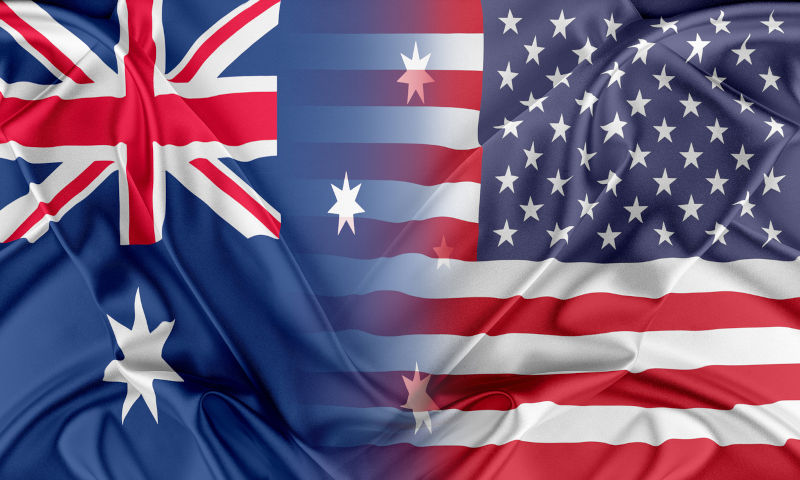As Australia faces the threat of significant US tariffs on its aluminium and steel, it is worth remembering that 50 years ago our nation faced a choice between aligning itself with either a group of other nations, mostly from the Third World, that produced bauxite and wanted to set a price for this prime ore of aluminium, or with the US and the International Monetary Fund, then as now controlled by the US, which wanted bauxite prices to be determined on an open global market.
In 1974, seven major producers of bauxite sought to learn from and follow the example of OPEC, formed the previous year, and secure a better return for their governments and peoples from their own natural resources. Guinea, Guyana, Jamaica, Sierra Leone, Surinam, Yugoslavia and Australia established the International Bauxite Association in 1975, criticising the effects of the overwhelming domination of their industry by multinational corporations. The producer nations, most of them poor and underdeveloped, felt themselves forced to compete against each other to the benefit of a handful of multinationals.
Initially, the IBA had some success. This was especially important for Jamaica, a leading member of the producers’ group, which faced chronic current account deficits from poor terms of trade, and unemployment of more than 20%.. Within two years, the income Jamaica received from bauxite increased more than five-fold, with much of this being invested in social programs and efforts at land reform.
However, Brazil, another bauxite producer, which at the time was ruled by a US-backed military dictatorship that had overthrown the democratic nationalist government of João Goulart, refused to join the IBA. It sold bauxite at less than the agreed price. In Jamaica, mining companies took legal action and imposed shutdowns and slowdowns, while US financial assistance for the nation was reduced from US$13.2 million in 1974 to US$2.2million in 1976, with further aid embargoed. When Australia joined the Brazilian military dictatorship in selling bauxite below the IBA price, this effectively brought the IBA to an end. (It continued to exist only as a forlorn office in Kingston, Jamaica.)
Australia similarly undercut the efforts of producer groups of iron ore and copper.
Since the end of World War II, the US has through diplomatic, and not always simply diplomatic, measures, sought to create a world most amenable for multinational corporations to operate. Such firms can choose to produce wherever they find the best incentives and the least restrictions, and pay tax in the “friendliest” locales also.
This enforced unrestricted and unregulated trading environment, simplistically and misleadingly labelled “free”, has created a deal of pain for many underdeveloped nations, unable to trade their way out of poverty and now dependent on continuing credit from the First World to service loans which no-one believes will ever be repaid. But this approach to trade has also meant difficulties for ordinary Americans, for whom the pay-off of cheap Chinese products in Walmart and Costco in return for the real jobs they used to have, evidently no longer seems sufficient.
During this postwar period, Australia has reflexively sided with the US. Professor Clinton Fernandes at the Australian Defence Academy of the University of New South Wales, perhaps Australia’s most penetrating analyst of international affairs, has argued that the organising principle of Australian foreign policy throughout the nation’s history has been to stay “on the winning side of a worldwide confrontation described variously as imperialism versus anti-colonialism, developed versus developing countries, liberal democracy versus the rest, the North-South conflict, core versus periphery, Europe against the Third World, and so on”.
The threatened US tariffs indicate that Australian Governments’ reflexive stance of seeking approval from the US may not be the most desirable pathway for the nation. It is therefore disappointing that there is no indication that the leadership of either of our major parties is about to reconsider their fundamental approach. Rather, the drive of Prime Minister Albanese, as of Opposition Leader Dutton, is to try harder to demonstrate our continuing importance to the Americans, to push deeper, ever deeper, into the imperial US embrace.
Nathan Hollier
Nathan Hollier is Chair of the Board of the Small Press Network, a representative body for small and independent publishers in Australia, and a former member of the Australian federal government’s Book Industry Collaborative Council and head of Monash, Melbourne and the Australian National University presses. These are his personal views.
